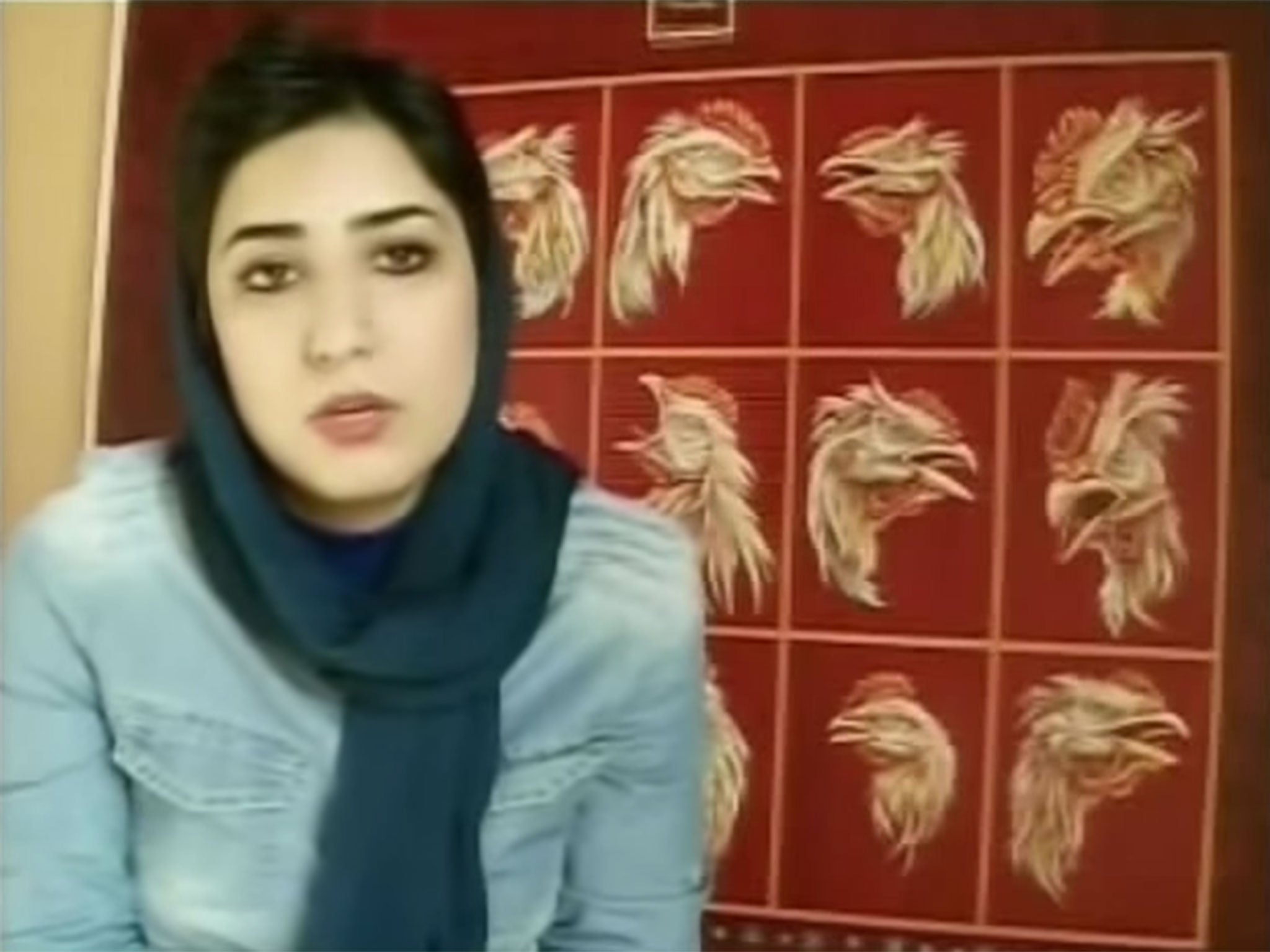Iran to turn women into 'baby-making machines' by banning vasectomies and contraceptives
New laws would also make it harder for women to get jobs until they'd had at least one child first

Your support helps us to tell the story
From reproductive rights to climate change to Big Tech, The Independent is on the ground when the story is developing. Whether it's investigating the financials of Elon Musk's pro-Trump PAC or producing our latest documentary, 'The A Word', which shines a light on the American women fighting for reproductive rights, we know how important it is to parse out the facts from the messaging.
At such a critical moment in US history, we need reporters on the ground. Your donation allows us to keep sending journalists to speak to both sides of the story.
The Independent is trusted by Americans across the entire political spectrum. And unlike many other quality news outlets, we choose not to lock Americans out of our reporting and analysis with paywalls. We believe quality journalism should be available to everyone, paid for by those who can afford it.
Your support makes all the difference.The Iranian authorities have been accused of trying to turn women into “baby-making machines” with a series of strict new measures designed to boost the nation’s fertility rate.
According to Amnesty International, two laws are being considered by the Iranian parliament that would “set the rights of women and girls in Iran back by decades”.
Voluntary sterilisation – vasectomies – would be banned under the first of the new laws, dubbed the “Bill to Increase Fertility Rates and Prevent Population Decline”. It is believed to be the second-most common method of contraception in Iran.
The law would also actively block access to information about contraception, which Amnesty said would result in more unwanted pregnancies and dangerous illegal abortions. The measure would make it even harder for women to get contraceptives, three years after Iran quietly shelved its only state-funded family planning programme.
Amnesty’s director for the Middle East and North Africa, Hassiba Hadj Sahraoui, said: “The authorities are promoting a dangerous culture in which women are stripped of key rights and viewed as baby-making machines rather than human beings with fundamental rights to make choices about their own bodies and lives.
“In their zealous quest to project an image of military might and geopolitical strength by attempting to increase birth rates, Iran’s authorities are trampling all over the fundamental rights of women - even the marital bed is not out of bounds.”
A second law addresses women’s right to work, as well as providing financial incentives to judges who reject divorce proceedings even in cases of domestic violence.
Amnesty’s report, released today, said the bill would force certain hiring employers to prioritise men with children, married men without children and then married women with children (in that order) ahead of women who have not given birth.
The charity said activists including the painter Atena Farghadani, 26, have been jailed by the authorities in relation to campaigns against the new laws.
Join our commenting forum
Join thought-provoking conversations, follow other Independent readers and see their replies
Comments